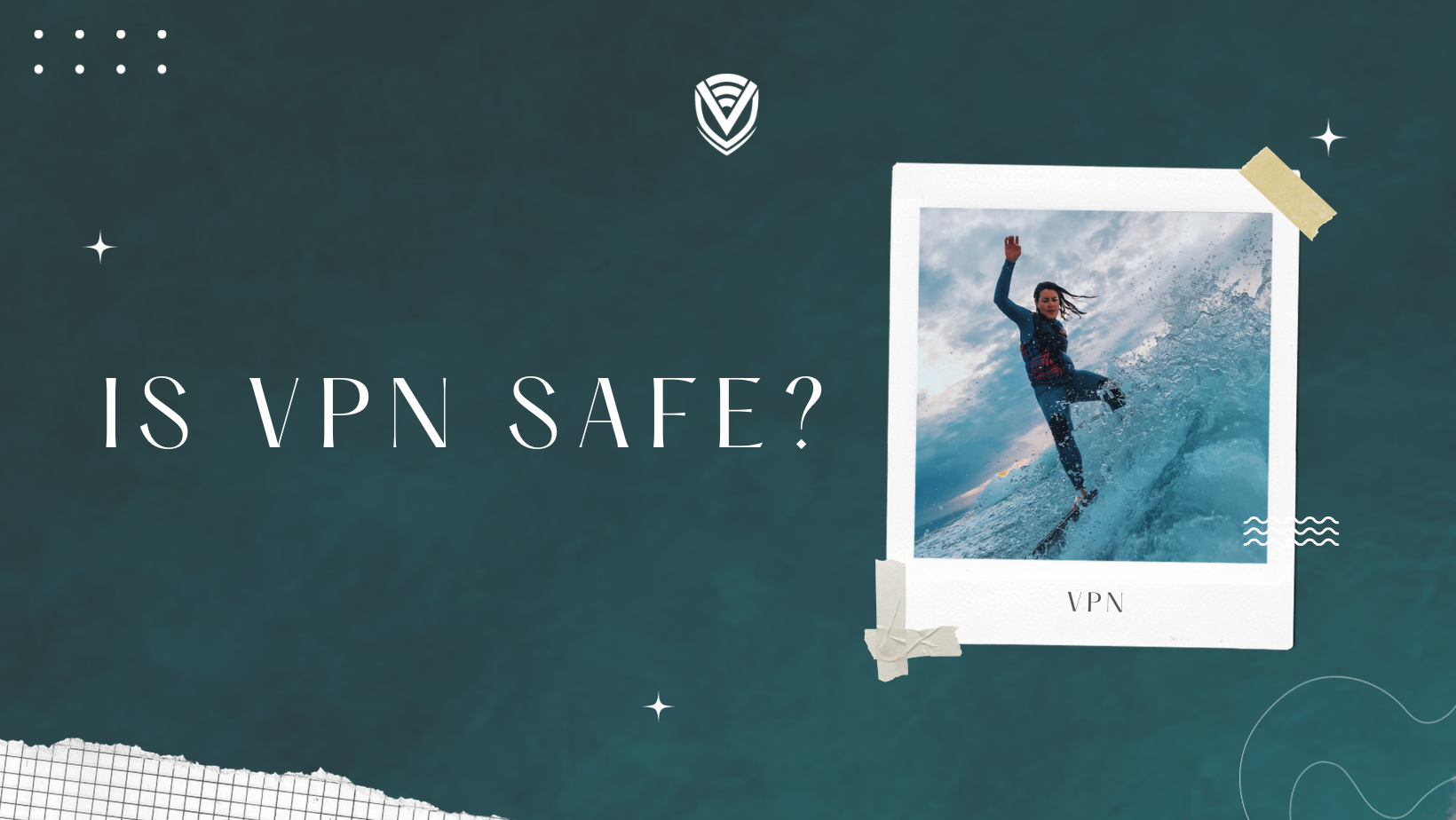Is VPN Safe

When considering the safety of Virtual Private Networks (VPNs), it’s essential to delve into the complexities of how they operate and the benefits they provide, as well as the potential risks involved. A VPN acts as a secure, encrypted tunnel for your internet traffic, protecting your data from being intercepted by hackers, especially when using public Wi-Fi networks. This encryption also masks your IP address, making it more difficult for third parties, including your internet service provider (ISP), to track your online activities.
Understanding VPN Safety
Encryption: The primary safety feature of a VPN is its encryption. High-quality VPNs use robust encryption protocols, such as AES-256, which is considered unbreakable with current technology. This means that even if a hacker manages to intercept your data, they won’t be able to decipher it without the decryption key.
Server Locations and Jurisdiction: The safety of a VPN can also depend on the jurisdiction under which it operates. Some countries have strict privacy laws that protect user data, while others may require VPN providers to keep logs of user activities. Choosing a VPN based in a country with strong privacy protections can enhance safety.
Logging Policies: VPNs may keep logs of user activities, which can compromise anonymity and safety. Look for VPNs with a strict no-logging policy, meaning they do not collect or store any information about your browsing activities.
VPN Protocols: Different VPN protocols offer varying levels of safety. For example, OpenVPN and WireGuard are considered highly secure, while PPTP is outdated and less secure. The choice of protocol can affect the overall safety of your VPN connection.
Potential Risks
While VPNs are generally safe, there are some potential risks to be aware of:
Data Leak: If the VPN connection drops, your data may not be protected until the VPN software reconnects. Top VPNs often have a kill switch feature that automatically stops internet traffic until the VPN connection is re-established, preventing data leaks.
Malware and Scams: Some free VPNs may bundle malware or sell user data to third parties. Always choose a reputable VPN provider, and be cautious of free services that may not have your best interests at heart.
Performance Impact: Using a VPN can sometimes slow down your internet speed, as your data has to travel further to reach the VPN server. However, this is more of a performance issue than a safety concern.
Enhancing VPN Safety
To maximize the safety of your VPN:
Choose a Reputable Provider: Research the VPN provider thoroughly, looking for reviews, transparency about their logging policies, and the strength of their encryption.
Keep Your VPN Software Updated: Updates often include security patches and improvements to the VPN protocol, ensuring you have the best protection available.
Combine with Other Safety Measures: Using a VPN in conjunction with other safety practices, such as antivirus software, strong passwords, and being cautious with links and downloads, can provide comprehensive protection for your online activities.
Conclusion
In conclusion, using a VPN can significantly enhance your online safety by encrypting your data, protecting your identity, and providing a secure connection even on risky networks. However, the safety of a VPN also depends on choosing a reputable provider, understanding the potential risks, and taking steps to mitigate them. By being informed and proactive, you can enjoy a safer and more private online experience.
How does a VPN enhance online safety?
+A VPN enhances online safety by encrypting your internet traffic, protecting your data from interception, and masking your IP address to prevent tracking. This is especially beneficial when using public Wi-Fi networks, which are often targeted by hackers.
What should I look for in a safe VPN?
+When looking for a safe VPN, consider the encryption protocol used, the logging policy of the provider, the jurisdiction under which the VPN operates, and reviews from other users. A strong encryption protocol, a no-logging policy, and a jurisdiction with strong privacy protections are key indicators of a safe VPN.
Can using a VPN slow down my internet connection?
+Yes, using a VPN can potentially slow down your internet connection, as your data has to travel through the VPN server. However, many top VPN providers have optimized their networks to minimize speed reductions, and some may even improve your connection speed by bypassing ISP throttling.
How can I ensure my VPN connection is always secure?
+To ensure your VPN connection is always secure, keep your VPN software updated, use the kill switch feature if available, and select a VPN protocol known for its security, such as OpenVPN or WireGuard. Regularly checking for updates and maintaining good internet practices can also protect your connection.


